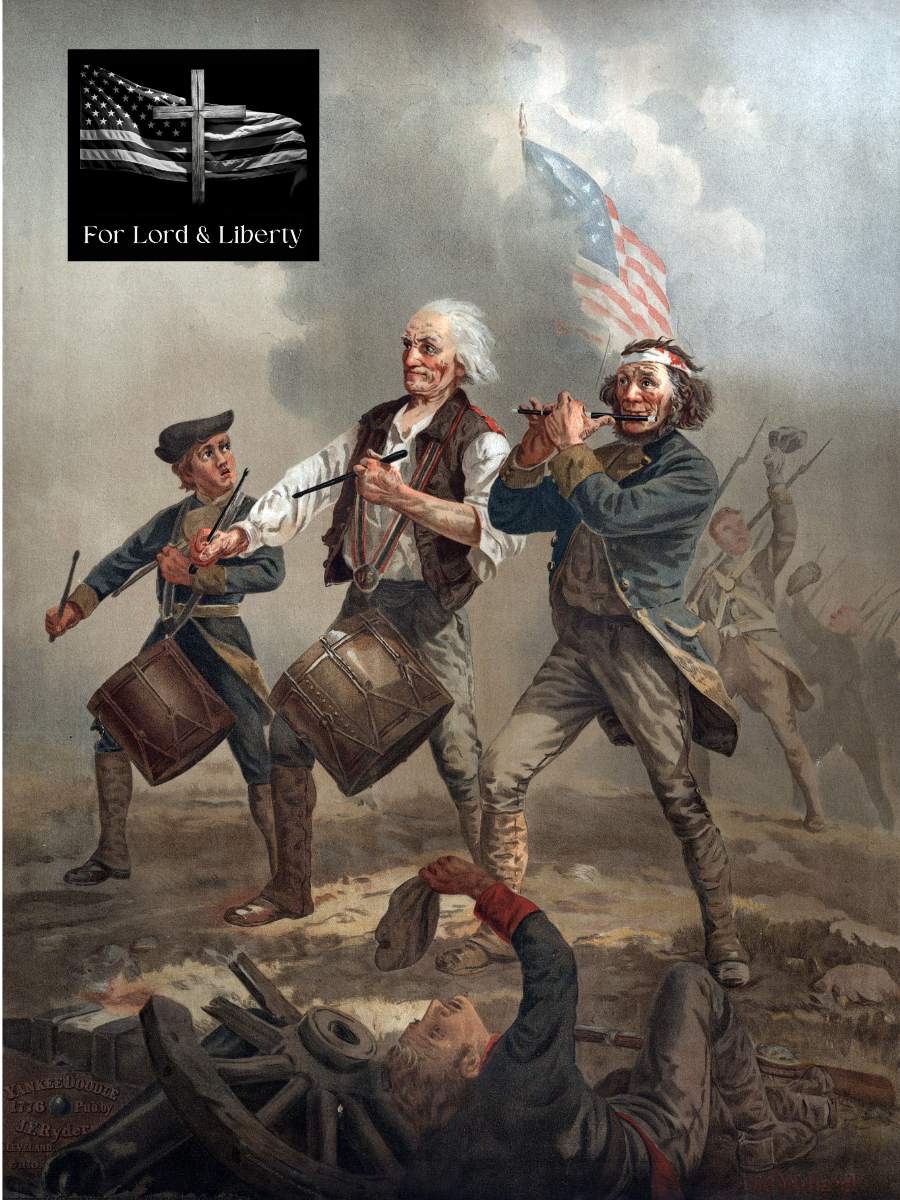
How 18th Century Colonial America's Economy and Society Shaped the Birth of a New Nation
Share
At For Lord & Liberty, we steadfastly believe that faith and patriotism are the twin pillars that support a strong and enduring nation. Our commitment to educating about the rich tapestry of biblical teachings and American history is at the heart of our mission. Today, we look into a pivotal era that laid the groundwork for the birth of the United States: the colonial economy and society of the 18th century.
A Dynamic and Diverse Economy
The 18th-century colonial economy was a picture of regional specializations and burgeoning trade networks. Although the economy in the American colonies was primarily agrarian, it varied significantly from region to region.
- New England Colonies: New England's rocky soil and harsh climate made large-scale farming challenging. Instead, the economy was bolstered by fishing, shipbuilding, and trade. The bustling ports of Boston, Newport, and Salem became hubs of commerce, where merchants traded goods such as fish, lumber, and rum.
- Middle Colonies: Known as the "breadbasket" of colonial America, the Middle Colonies of New York, New Jersey, Pennsylvania, and Delaware had fertile soil ideal for growing wheat, barley, and oats. These colonies were also characterized by their diverse population and religious tolerance, which fostered a robust and varied economy.
- Southern Colonies: The Southern Colonies of Maryland, Virginia, the Carolinas, and Georgia thrived on the cultivation of cash crops like tobacco, rice, and indigo. The plantation system dominated the South, relying heavily on enslaved labor, which had profound social and economic implications for the region and the future nation.
The Social Fabric of Colonial America
Colonial society in the 18th century was a complex blend of different cultures, religions, and social structures. Factors such as wealth, land ownership, and occupation influenced the social hierarchy.
- Land and Wealth: Land ownership was a key determinant of wealth and social status. Large landowners, particularly in the Southern Colonies, held significant economic and political power. In contrast, small farmers, artisans, and laborers comprised most of the population, contributing to the diverse social landscape.
- Religious Life: Religion played a central role in colonists' daily lives. The Great Awakening, a spiritual revival movement in the mid-18th century, swept through the colonies, providing invigorating religious fervor. This movement emphasized personal faith and purity, laying the spiritual groundwork for the values of liberty and individual rights that would later inspire the Revolution.
- Community and Family: The family was the cornerstone of colonial society. Households were typically large, with extended families often living together. Communities were close-knit, with neighbors relying on each other for support and cooperation in daily life and times of need.
- Education and Literacy: Education varied widely across the colonies. In New England, a strong emphasis was placed on literacy and education, driven mainly by religious motivations. The Massachusetts Bay Colony, for example, established the first public school system in America. In contrast, education in the Southern Colonies was less formal, often limited to private tutors for the children of wealthy planters.

The Seeds of Change
The colonial economy and society of the 18th century were marked by stability and transformation. The economic prosperity enjoyed by the colonies led to greater social mobility and the emergence of a distinct American identity. However, the growing tensions between colonial aspirations and British control set the stage for the revolutionary fervor that would erupt in the latter part of the century. As we reflect on this period, it is essential to recognize how the colonial era's economic activities, social structures, and religious beliefs laid the foundations for the values of faith and liberty that we hold dear at For Lord & Liberty. By understanding the complexities and dynamics of colonial life, we gain a deeper appreciation for our nation's roots and the enduring principles that continue to guide us today.
Join us in exploring the rich history of our past, where faith and patriotism converge to shape the narrative of a nation destined for greatness. Stay tuned for more blog posts and stories as we journey through America's remarkable history together!
